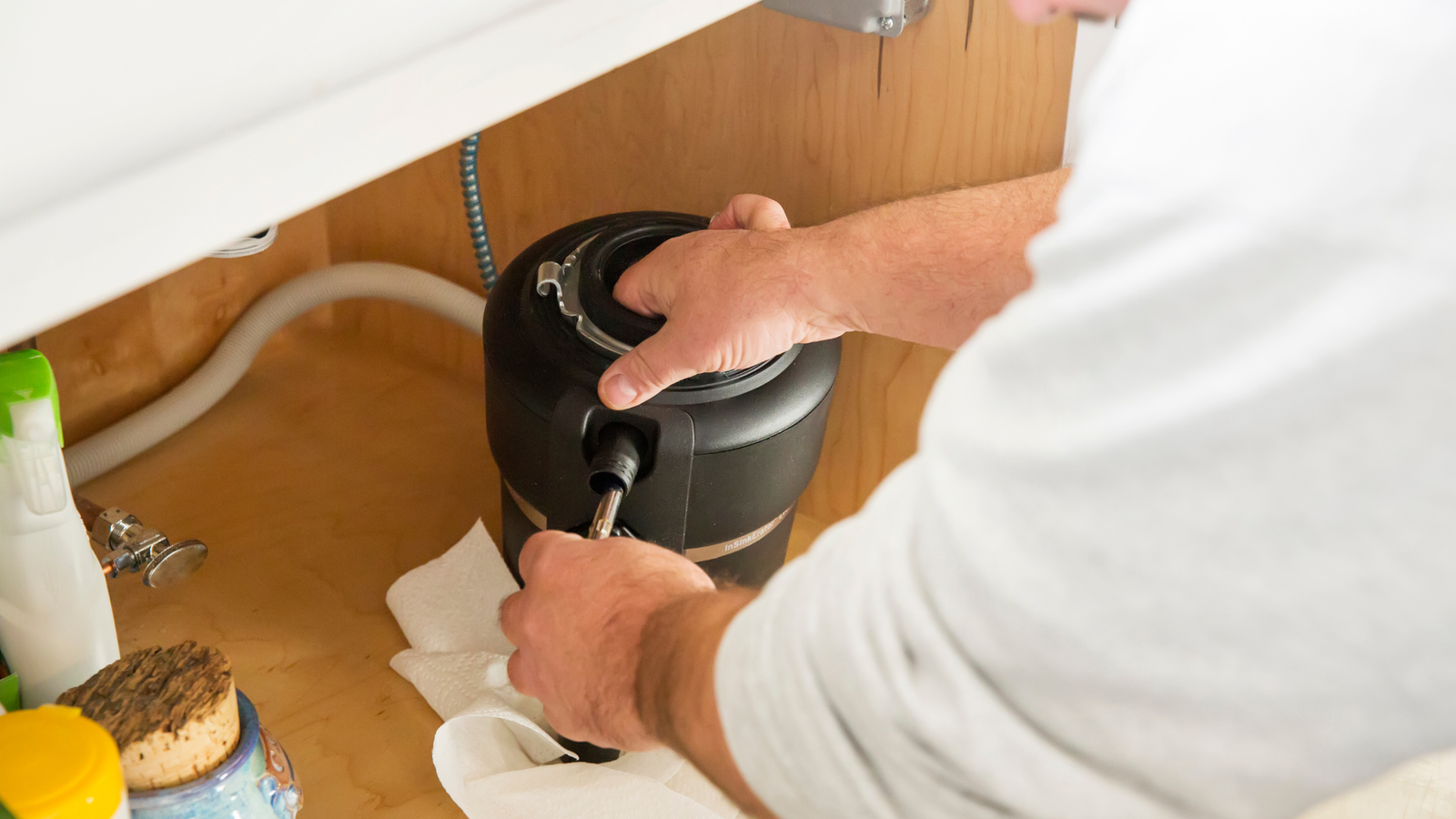Your garbage disposal is one of the hardest-working tools in your kitchen. It chews through food scraps, helps keep your sink clear, and makes cleanup faster and easier. But while it’s powerful, it isn’t indestructible. Misuse or neglect can lead to clogs, dull blades, foul odors, and even complete breakdowns.
By using your garbage disposal the right way, you’ll extend its lifespan, reduce plumbing problems, and enjoy a cleaner, more efficient kitchen. Let’s explore why proper use matters and the best practices to keep yours running smoothly.
The Importance of Proper Garbage Disposal Care
A garbage disposal may seem like a “set it and forget it” appliance, but a little care goes a long way. Think of it as an investment in your kitchen’s efficiency.
Here’s why it matters:
- Extends the life of your disposal: When used properly, your unit can last many years without major issues.
- Keeps your drain clear and odor-free: Proper use prevents food particles from building up in your pipes.
- Improves efficiency: Sharp blades and a clear drain mean smoother, faster grinding.
- Reduces plumbing emergencies: Avoiding clogs and backups saves you from costly service calls.
For more insight into maximizing performance, check out these tips for getting the most out of your garbage disposal.
Common Mistakes That Damage Garbage Disposals
Even if you use your disposal daily, you might be unknowingly making mistakes that shorten its life. Let’s look at the most common issues.
1. Putting the Wrong Foods Down the Drain
Not all food waste belongs in a disposal. Avoid items like:
- Grease, fats, and oils (they solidify and clog pipes)
- Fibrous foods (celery, corn husks, onion skins)
- Hard items (bones, fruit pits, shells)
- Starchy foods (pasta, rice, potato peels that turn gummy)
2. Using Too Little Water
Running the disposal without enough water makes it harder for blades to grind and for waste to flush through the pipes. Always use a strong flow of cold water before, during, and after disposal use.
3. Overloading the Disposal
Stuffing large amounts of food waste at once can overwhelm the motor and cause jams. Feed scraps gradually instead.
4. Neglecting Regular Cleaning
Leftover residue builds up over time, leading to odors and reduced performance. A quick cleaning routine keeps your disposal fresh.
Best Practices for Garbage Disposal Use
Proper use isn’t complicated—it just takes consistency. Follow these habits for long-term performance.
Run Cold Water
Always run a steady stream of cold water while the disposal is grinding. Cold water helps harden grease and fats so they can be chopped up and flushed away instead of sticking to pipes.
Feed Small Pieces Gradually
Cut up large scraps before tossing them in. Slowly feed them down to prevent overloading the system.
Keep It Fresh
Clean your disposal weekly by:
- Grinding ice cubes to sharpen blades
- Using a mild dish soap rinse
- Deodorizing with citrus peels
Let It Run
After grinding food, let the water run for an extra 15–20 seconds to flush everything through the pipes.
The Benefits of a Garbage Disposal in Your Kitchen
Garbage disposals do more than save time during cleanup. They improve your entire kitchen experience.
Here are some key benefits:
- Convenience: Food scraps are dealt with immediately, cutting down on trips to the trash.
- Odor reduction: Waste doesn’t sit in your garbage can attracting smells and pests.
- Eco-friendly: Food waste can be processed at water treatment plants instead of landfills.
- Plumbing protection: Proper use prevents buildup in your pipes.
If you’re curious about more advantages, take a look at the full breakdown of the benefits of a garbage disposal.
Signs Your Garbage Disposal Needs Professional Help
Even with proper care, disposals eventually show signs of wear. Recognizing these early can save you from bigger problems later.
Look out for:
- Persistent clogs or slow drainage
- Strange grinding noises
- Frequent resets or power issues
- Unpleasant odors that won’t go away
- Water leaks under the sink
When these issues appear, it may be time to call in an expert for garbage disposal repair or replacement.
Professional Garbage Disposal Repair Services
While DIY fixes work for minor issues, some problems require professional tools and expertise. A qualified plumber can:
- Diagnose electrical or mechanical problems
- Repair or replace damaged blades
- Clear stubborn clogs deep in the pipes
- Install a new disposal if necessary
If your disposal is acting up, don’t wait for a complete breakdown. Reach out for expert garbage disposal repair services in Long Beach, CA to get your kitchen running smoothly again.
How to Keep Your Disposal Running Smoothly Long-Term
Think of garbage disposal care as a routine, not a one-time effort. With the right habits, you’ll enjoy years of hassle-free use.
Here’s a quick checklist:
- ✅ Run cold water every time
- ✅ Feed scraps gradually
- ✅ Clean weekly with ice and citrus
- ✅ Avoid fats, oils, grease, and fibrous foods
- ✅ Call a professional when performance drops
Following these simple steps can save you from costly repairs and unexpected plumbing emergencies.
When to Call a Plumber
If you’ve tried proper maintenance and your disposal still struggles, it’s time to call a local plumber. Persistent problems can quickly escalate into full drain blockages or kitchen flooding.
Don’t wait until it’s too late—contact us today for reliable garbage disposal repair and maintenance.
Final Thoughts
Your garbage disposal is a valuable kitchen tool, but it requires the right care. By following best practices—running water, avoiding harmful foods, and keeping it clean—you’ll extend its life and prevent plumbing headaches.
And when issues do arise, knowing when to call in professional help makes all the difference. For ongoing performance and peace of mind, give your disposal the attention it deserves.
For more advice, revisit our guide on tips for getting the most out of your garbage disposal and keep your kitchen running at its best.





